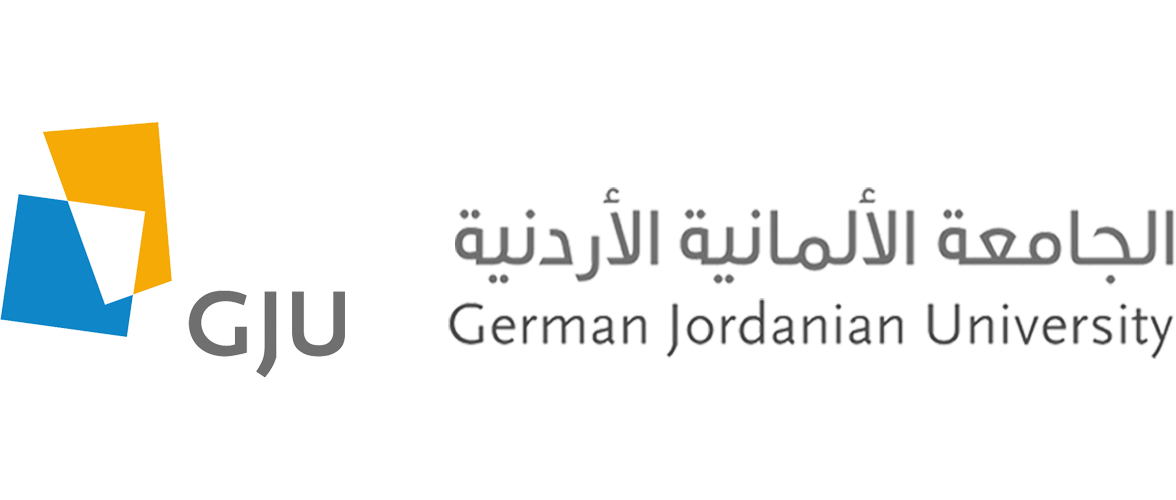Chapter 1: Technical Characteristics of Smart Grid
- Developing Smart Grids for a Low-Carbon Future
- Microgrids and Distributed Energy Future
*Teaching hours required: 4
Chapter 2: Innovative renewable energy sources
- Solar Energy
- Wind Power
- Geothermal Energy
- Biomass
- Water and Maritime Power
*Teaching hours required: 5
Chapter 3: Smart Generation: Resources and Potentials
- New Trends and Requirements for Electricity Generation
- Volatile Renewable Energy Sources: Wind and Sun
- Cogeneration of Heat and Power Applying Renewable Energy Sources
- Bio Fuel Power Plants
- Geothermal Power Plants
- Fuel Cells
*Teaching hours required: 5
Chapter 4: Energy Storage Systems
- Introduction to sector coupling
- Electromechanical Storage
- Pumped Water
- Compressed Air
- Springs, Torsion Bars and Flywheels
- Capacitors, Ultra capacitors, and Superconducting Coils
- Thermal Storage
- Sensible and Latent Heat Storage
- Heat Losses in Thermal Storage Systems
- Storage of ‘‘Coolness’’ to Offset the Peak Power Demand
- Chemical Storage: Batteries
- The Electrochemical Cell
- Commonly Used Battery Types
- Hydrogen Storage: The Hydrogen Economy
- Fuel Cells
- High-Temperature Fuel Cells
- Thermodynamic Losses and Fuel Cell Efficiency
- Value added Products from Hydrogen and CO2 (Power-to-Gas/Liquid/Chemicals/…)
*Teaching hours required: 8
Chapter 5 : Substations in Smart Grids
- Substation Automation Architecture and Technologies
- From Smart Substations to Smart Grid
- Implementation of Smart Grids In Substation
*Teaching hours required: 3
Chapter 6: Current Test Technologies for Smart Grid
- PV panel testing
- Introduction to testing technologies for smart grid
- Application of Advanced Magnetic Sensor in Smart Grid
- Application of Fiber Optic Sensor in Smart Grid
- Innovative Test Technologies For Smart Grid
*Teaching hours required: 6
Chapter 7: Data acquisition systems for Smart Grids
- Overview of Supervisory control and data acquisition (SCADA)
- Components of SCADA systems
- Types of data and signals in the power system
- Data acquisition and processing
- Digital data acquisition
- Analog data acquisition
*Teaching hours required: 6

